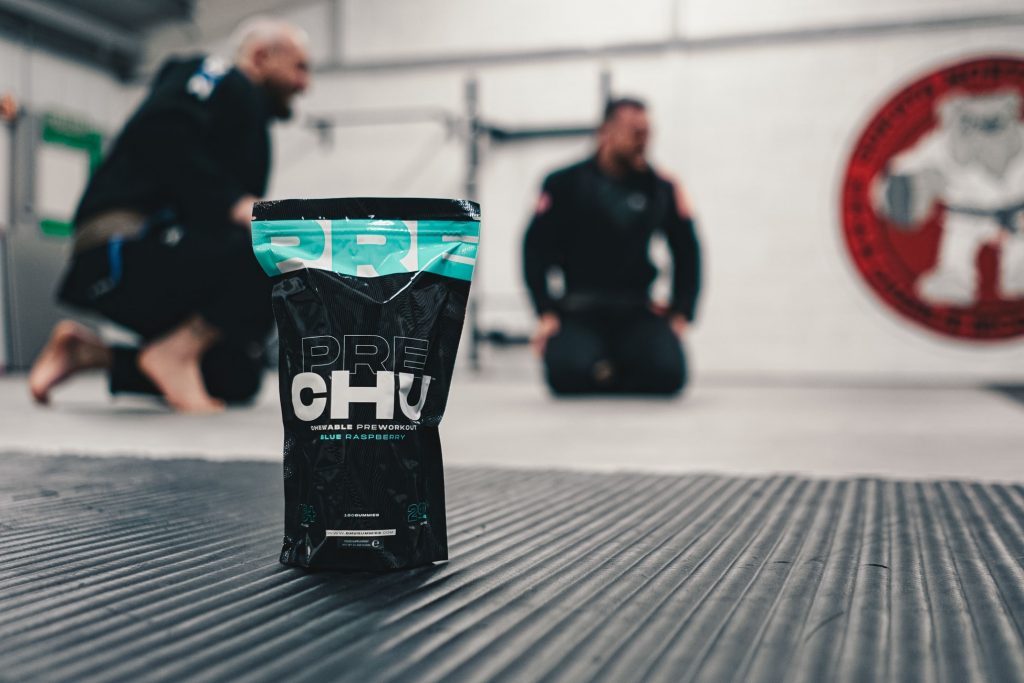
A pre-workout supplement – usually sold as a nutrient-rich powder to be mixed in liquid – has become a go-to for many athletes across the board. Many claim it helps target muscle and eliminates fat faster, while others believe it’s just a placebo. With there being so many different types out there, it’s hard to know where to start and what to end with. Healthline argues that it is not the actual pre-workout supplement that boosts performance but certain ingredients that produce results.
The most popular pre-workouts in 2019 are full of amino acids, nutrients and a new up-and-coming ingredient called nootropics – which are supplements that claim to improve cognitive health and endurance. On top of these, there are preferred natural add-ins to almost every pre-workout.
“Certain ingredients in pre-workout supplements, such as creatine, caffeine, and nitric oxide precursors, have been shown to support athletic performance,” Ansley Hill, a writer for Healthline, said.
It appears that the best and most effective pre-workouts are the ones that simply add missing nutrition to the body, instead of pumping the body full of pure energy – like a Monster or 5-hour energy would.
“Your best bet is to look for ingredients that supplement nutrients your body is designed to use, like amino acids found in food,” NBA trainer and nutrition coach Adam Bornstein said when asked by Insider about his workout routines.
There are some downsides to the powders and mix-ins. Excessive caffeine intake and artificial sugars can cause the body to become addicted and fatigued faster, so it’s important to read the label and recommended dosage before starting use. This especially applies in the United States.
“While the FDA provides labeling and advertising guidance (mostly telling manufacturers what not to say),” Darla Leal, a writer for VeryWellFit online Health Magazine, said. “Only the most outrageous claims tend to be challenged by the regulators. By and large, the suggestion of benefits – including how well a supplement will improve your health, mood or performance – is rarely challenged, even if there is little evidence to support the claims.”
At William Jewell College, pre-workout has a mixed reputation among student-athletes, some of whom have incorporated it into their workout routines.
“I don’t take it much in college now, and it doesn’t seem to be very popular among the football players here,” senior psychology major and former football player Kevin Kim said.
Kim’s teammate and fellow senior psychology major, Danny Presler agrees.
“I think it makes me feel sick because we have real high intensity workouts, but it’s good for powerlifting,” Presler said.
Instead, athletes on campus are told by coaches to keep a healthy diet and sleep schedule to stay in their best shape.
“Our coaches don’t really talk about supplements that often. They just suggest starting with proper nutrition and sleep,” Presler said.
All in all, there seem to be pros and cons to taking pre-workout, and it can be helpful in certain instances when it is used in the recommended way. Weightlifting and trying to build bulk are key activities in which pre-workout can be the ingredient to finally get the desired results. But when it comes to cardio and high-intensity pushes, pre-workout may not be the best course of action.
